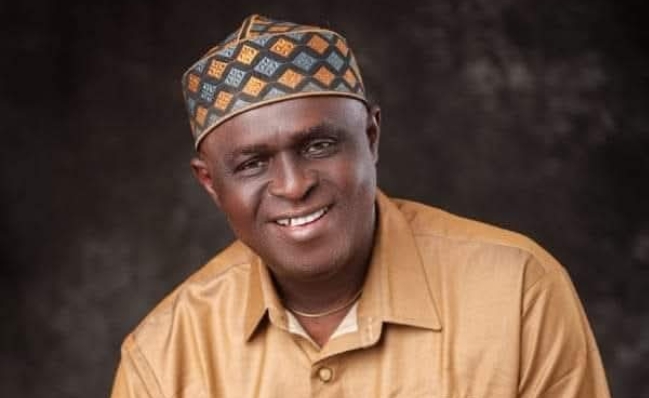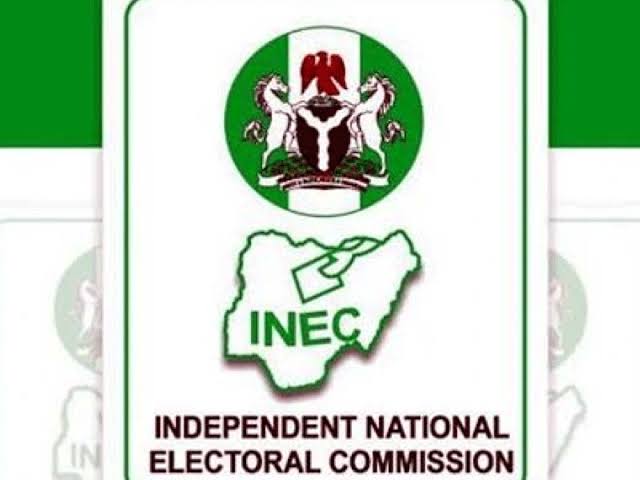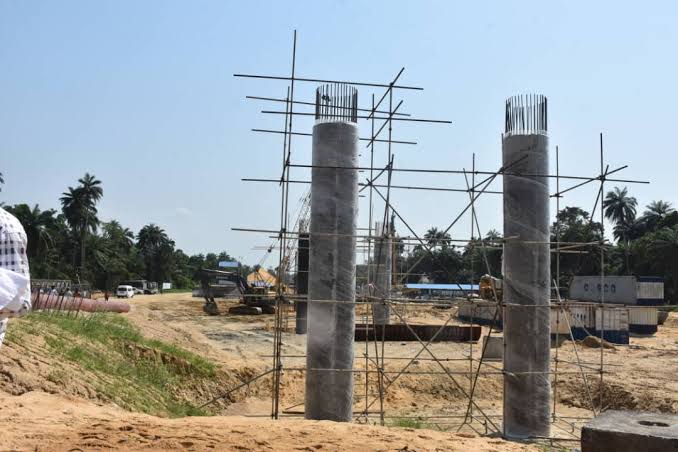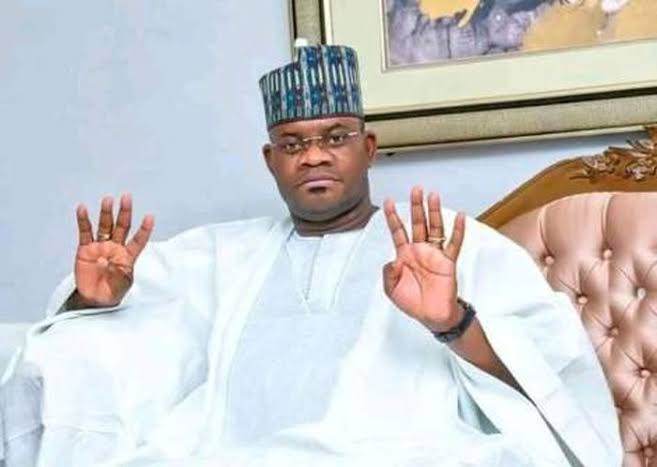BY EMMANUEL CHUKWUMA, ENUGU.
The Association of Igbo Town Unions (ASITU) has challenged the South East Development Commission to inculcate the spirit of transparency and accountability for the sustainable development of the zone.
The group emphasized that they would monitor the activities of (SEDC) to ensure that the commission focuses on its mandate of rendering selfless services to the citizenry.
This is even as they stresse supervising the SEDC for optimal productivity aimed at redirecting their footsteps, not becoming another conduit pipe for politicians and their supporters to siphon public funds.
This was made known by the National President of ASITU, Chief Emeka Diwe while addressing newsmen in Owerri, the capital of Imo State.
Chief Diwe revealed that the group would put mechanisms in place with the view to ensure its presence within the organization and adherence to the founding principles and the Act establishing the Commission.
According to him, the establishment of SEDC marked a critical milestone in the pursuit of accelerated development and transformation of Igbo land.
While highlighting that the Commission must, as a matter of urgency, address the obvious challenges confronting the Southeast.
Chief Diwe urged all stakeholders to keep an eye on the Commission, stressing that as Town Unions, they would remain focused and resolute in respect of building Igbo land that reflects the will and aspirations of their founding fathers and ensure a brighter future for future generations.
He said, “The South East is a region still grappling with the aftermath of the 30-month civil war that left an indelible mark of destruction, death, and economic ravage. Decades later, the scars of that tragic conflict remain visible in our underdeveloped infrastructure, weakened social institutions, and persistent economic challenges.
“For this reason, SEDC has a moral and legal obligation to address these gaps holistically, ensuring that its mandate serves the collective interests of Ndigbo and contributes meaningfully to the socio-economic revitalization of our homeland.
“Historically, the resilience and ingenuity of Igbo communities have been the bedrock of our progress. Since the war, much of the development in Igbo land has been driven by town unions through the self-help approach. These unions have spearheaded the construction of schools, health centers, roads, and water projects, demonstrating the power of grassroots mobilization and the community spirit of the Igbo.
His words, “As a result, ASITU insists that SEDC must align with the exemplary legacy of the town unions by prioritizing transparency, accountability, and impactful programs that address the real needs of the people, especially those at the grassroots.
“The stance of ASITU against any form of malfeasance in the Commission is a reflection of our determination to protect the developmental aspirations of our people. If any individual or group within the SEDC deviates from its mandate to engage in corruption or wasteful practices, ASITU will not hesitate to expose such actions and demand accountability. Igbo people have endured too much to allow the derailment of any initiative tailored toward our collective well-being.
“Beyond infrastructure, SEDC must prioritize rebuilding the social institutions and value systems that were disrupted by the war. The erosion of trust, communal values, and cultural heritage continues to undermine the potential of our society. We urge the Commission to also invest in programs that promote education, skills acquisition, ethical leadership, and cultural preservation. These are critical pillars for fostering a sense of identity, purpose, and collective progress,” Diwe stated.
The organization reiterated its request to Ndigbo at home and in the diaspora to queue into the ‘Aku Ruo Ulo’- home investment mantra, highlighting that the town unions were ready to collaborate with individuals, corporate bodies, and international organizations to realize this noble vision and mission of building an egalitarian society.













